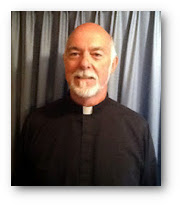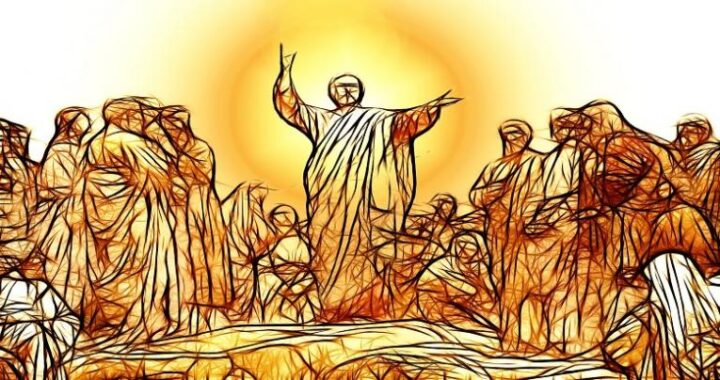The fulfillment of the law calls us to love, reconcile, heal, peacefully coexist with our neighbor
Time to read: 2 min
Daily reflection
We are in him and he is in us, but there is someth…
Daily reflection
We have an AH HA! moment, we are forever changed


